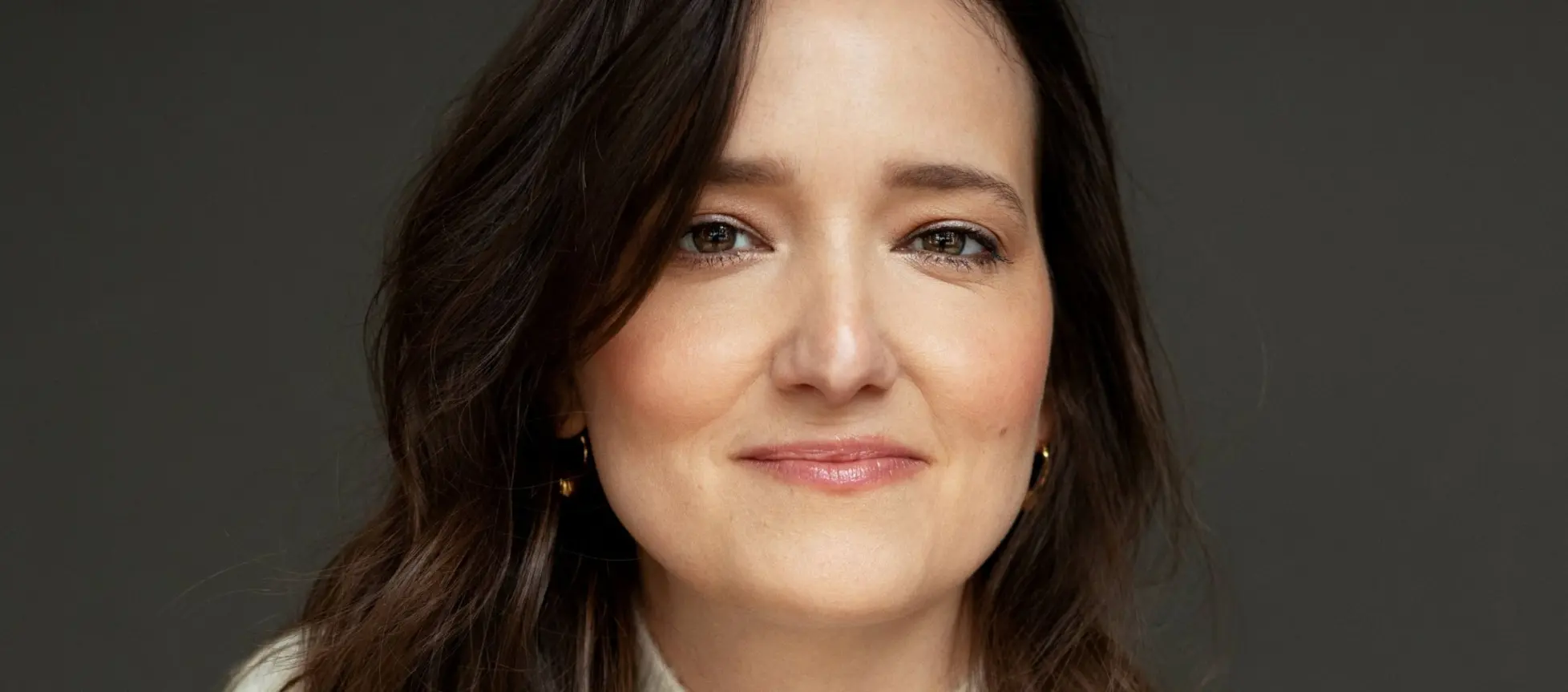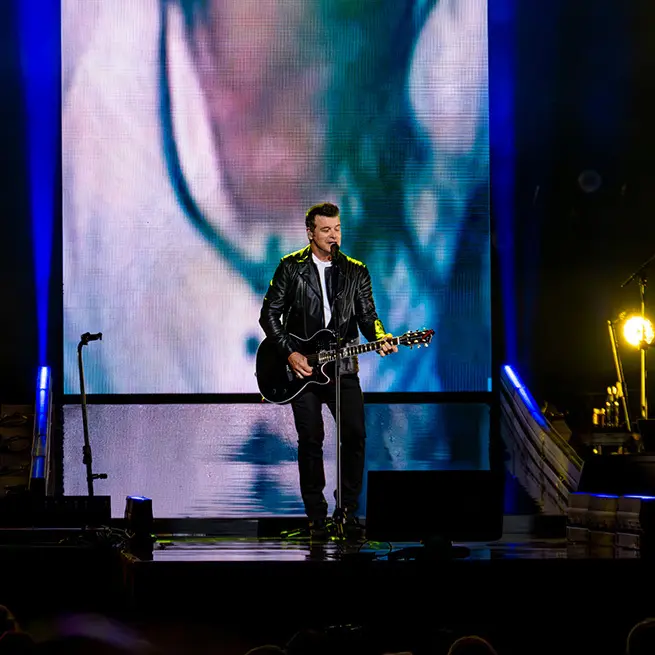Magazine
Juste pour rire: From Nostalgia and New Faces to Le meilleur des décennies
This year, the Juste pour rire Festival is presenting Le meilleur des décennies in Théâtre Jean-Duceppe at Place des Arts. We spoke to comedian and screenwriter Suzie Bouchard, who will host Le meilleur des décennies and a show dedicated to the 2020s.

Magic in 2025: Illusion Meets New Tech
As Place des Arts is presenting Luc Langevin’s new show in July and August, we asked ourselves how the rise of artificial intelligence (AI) might be affecting the world of magic in 2025.
Article Interviews Show
Just For Laughs : 4 Must-See Shows at Place des Arts
It should come as no surprise to learn that Just For Laughs (JFL) Montreal is the world’s largest comedy festival: from July 16 to 27, some 1,700 artists, actors, comedians, and other showbiz pros will take over the Quartier des Spectacles.
Article Recommendations Festival
Juste pour rire: From Nostalgia and New Faces to Le meilleur des décennies
This year, the Juste pour rire Festival is presenting Le meilleur des décennies in Théâtre Jean-Duceppe at Place des Arts. We spoke to comedian and screenwriter Suzie Bouchard, who will host Le meilleur des décennies and a show dedicated to the 2020s.
Article Interviews Festival
Festival de Lanaudière: Classical Music’s Elite, Naturally
The Festival de Lanaudière returns in full force for its 48th edition with a remarkable lineup. As the largest open-air classical music festival in North America, the Festival is back with 25 concerts featuring 1000 local and international artists.
Article Recommendations Festival
Dans la loge avec Cindy Daniel
Saviez-vous que Cindy Daniel, l'interprète de Maria dans Don Juan a d'abord joué Elvira? Elle nous ouvre la porte de sa loge pour parler de ces rôles, de l'évolution de la comédie musicale à succès et de sa préparation avant d'entrer sur scène.
Vidéo Behind the Scenes Artist
Hauterive chante Les saisons
Catherine Durand et Mara Tremblay nous ont charmé d'une prestation acoustique de la chanson Les saisons, extrait de leur projet en duo intitulé Hauterive.
Vidéo Performances Series
Alexandra Stréliski's surprise performance
Alexandra Stréliski treated us to a surprise performance in front of the Esplanade of Place des Arts on May 19, 2023. A moment of sweetness offered by Place des Arts, before the summer's excitement ignited Montreal.
Vidéo Performances Event







